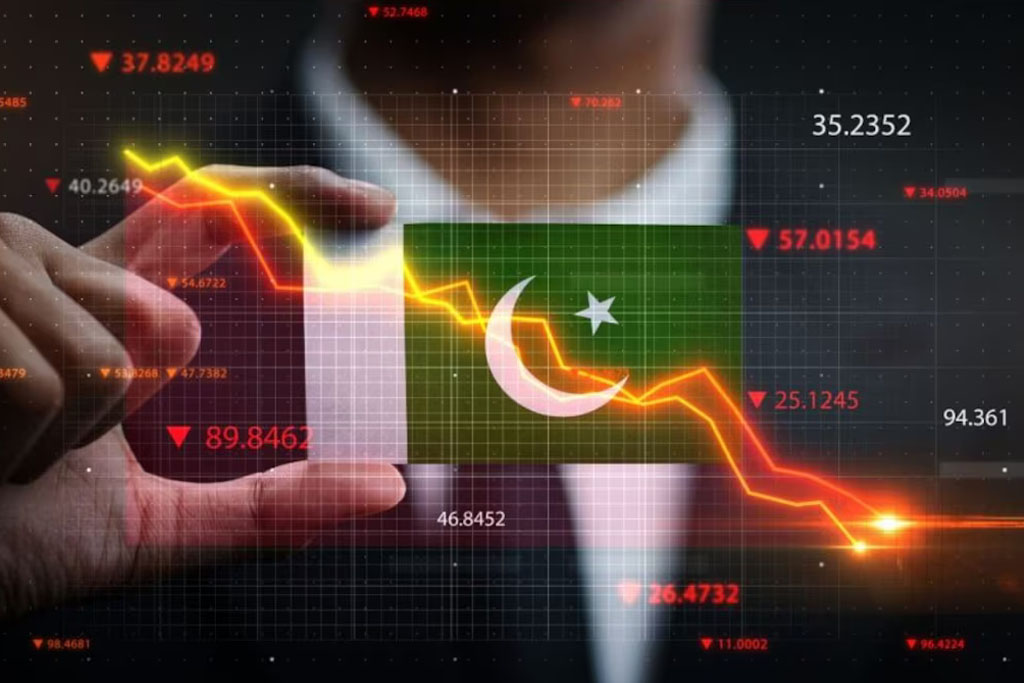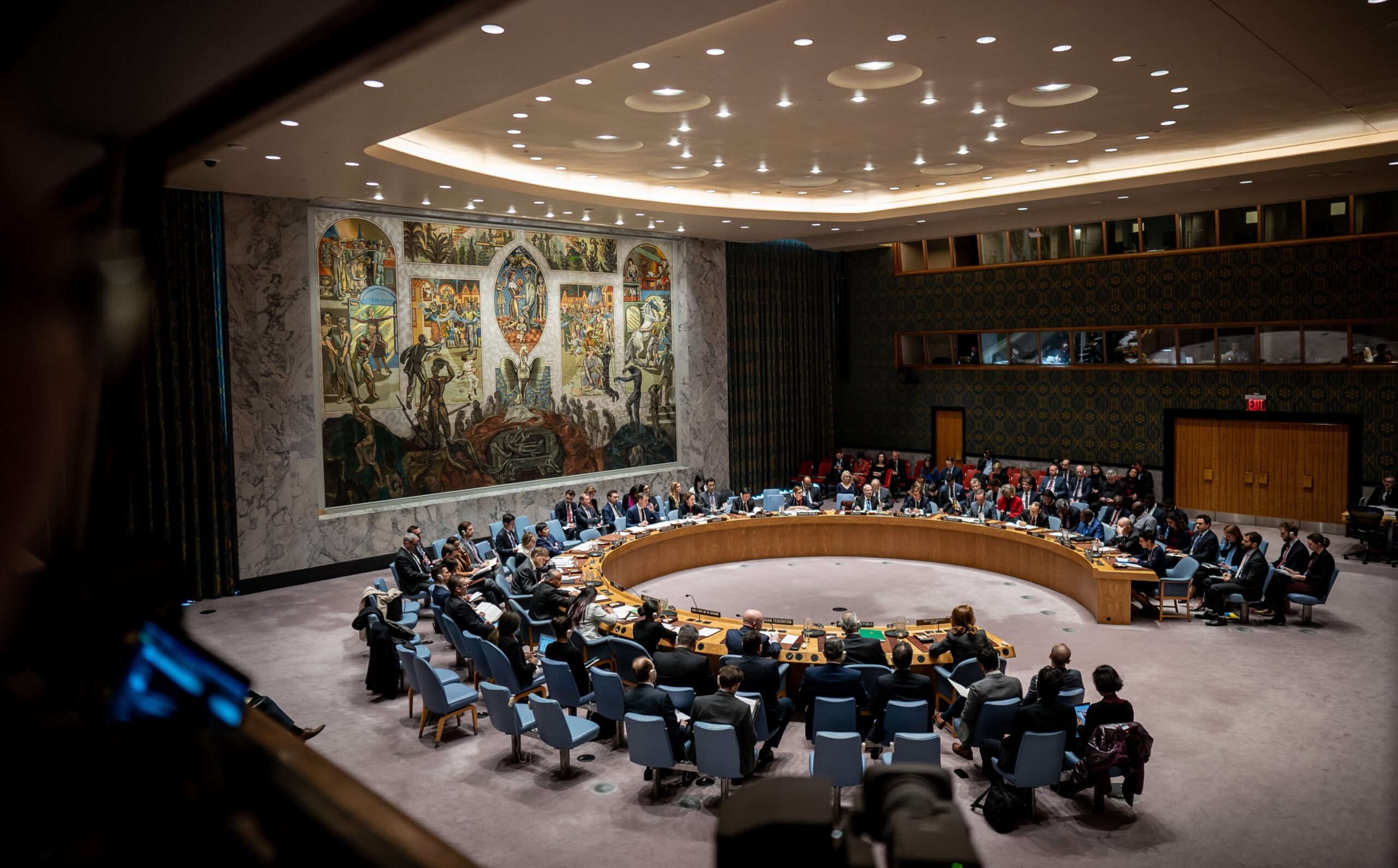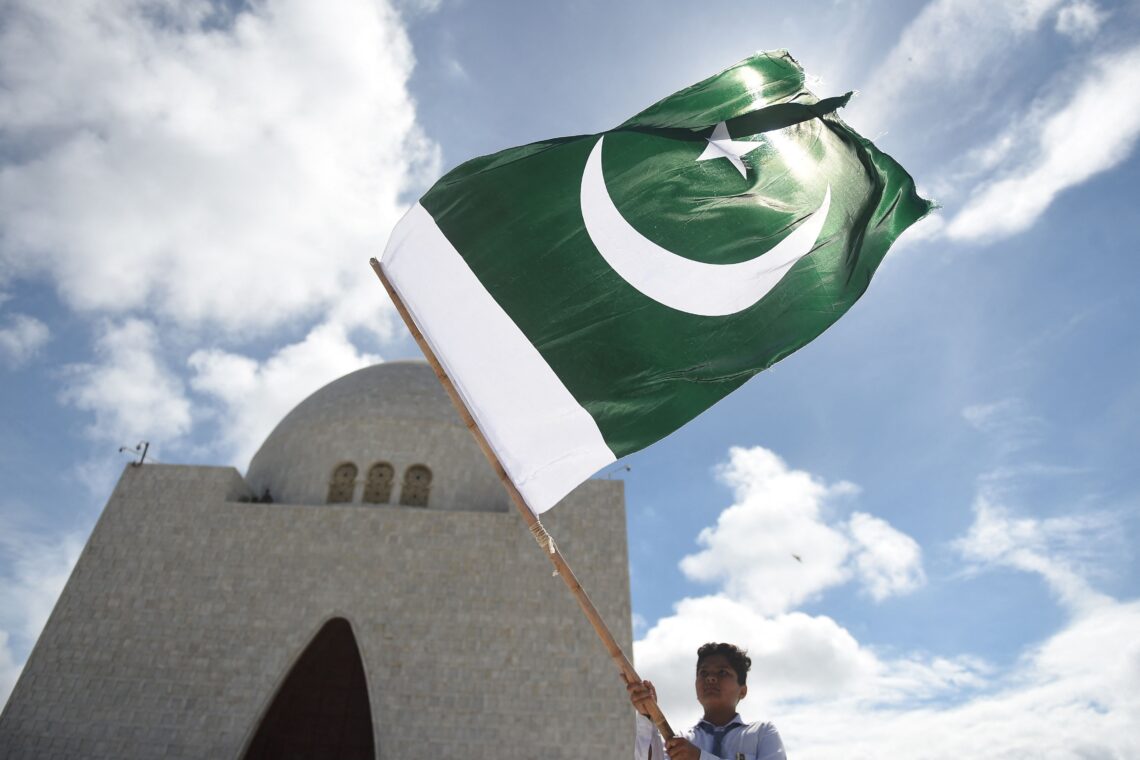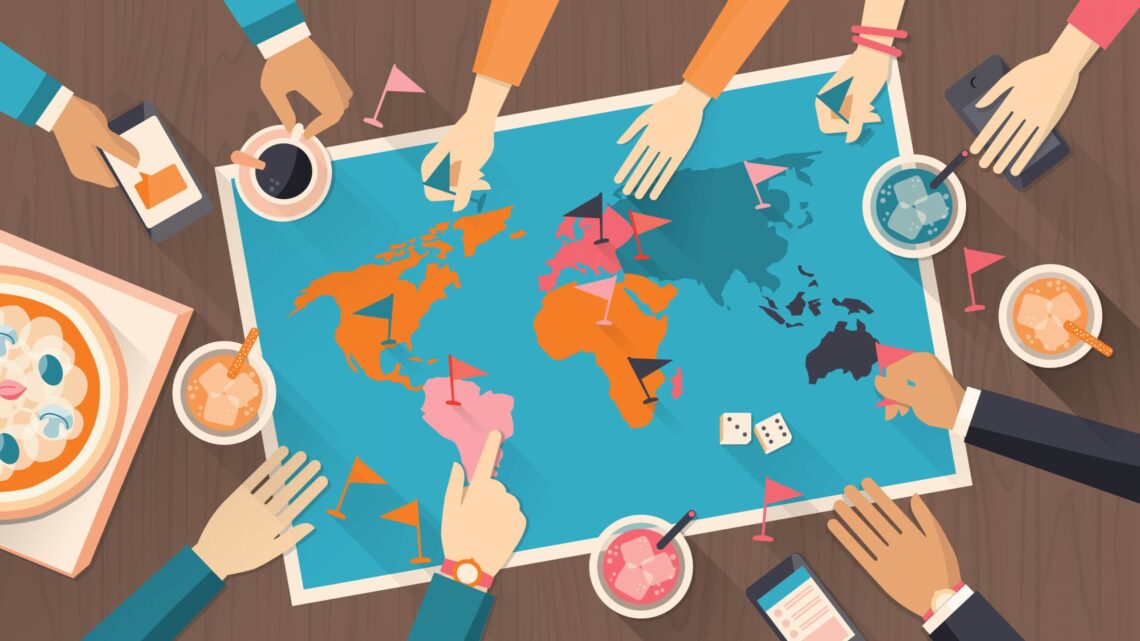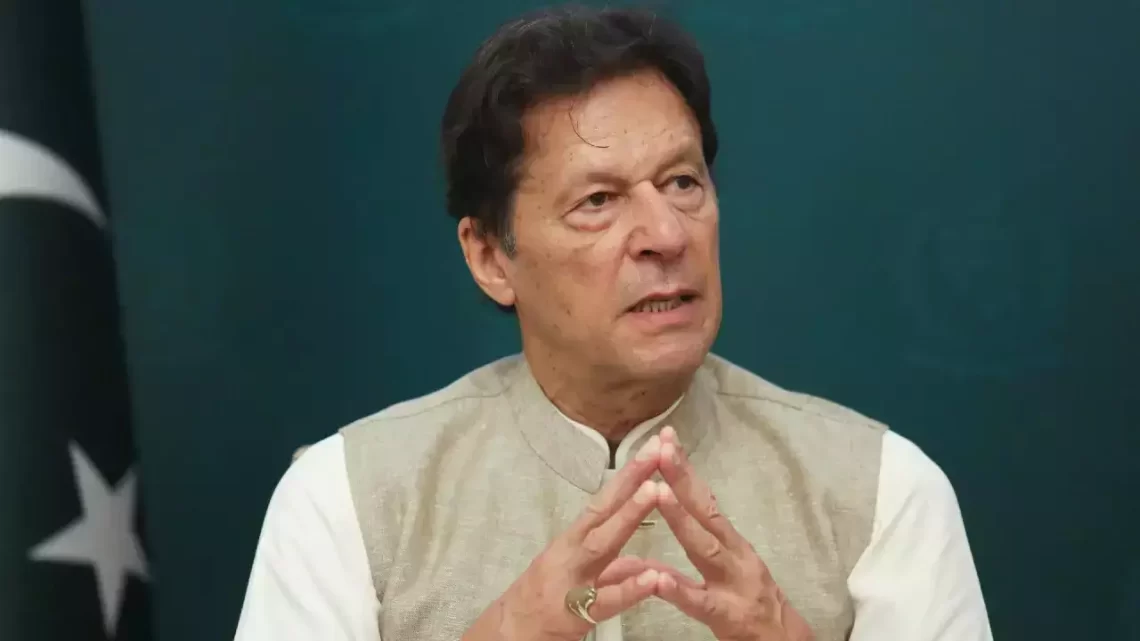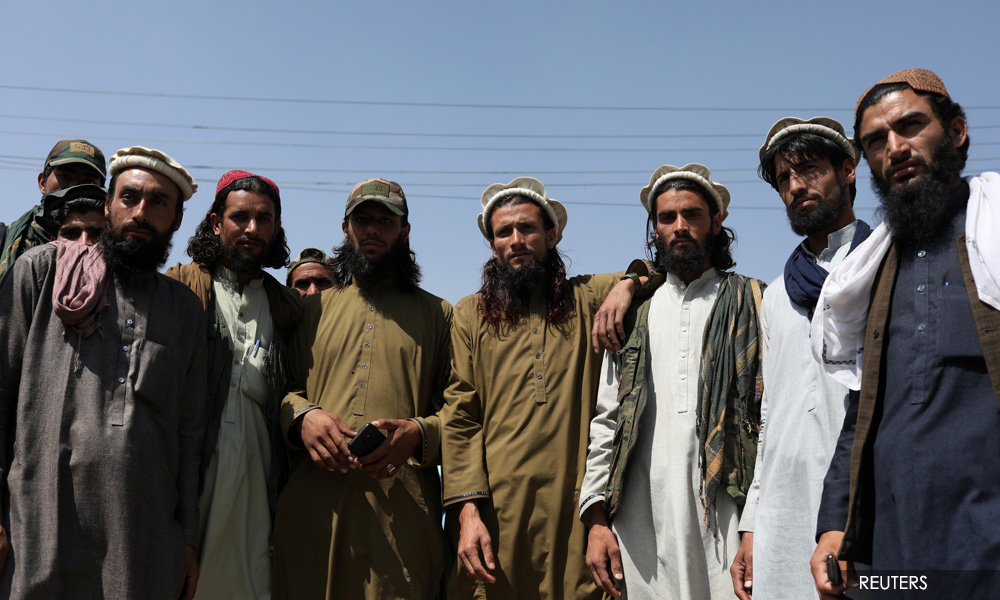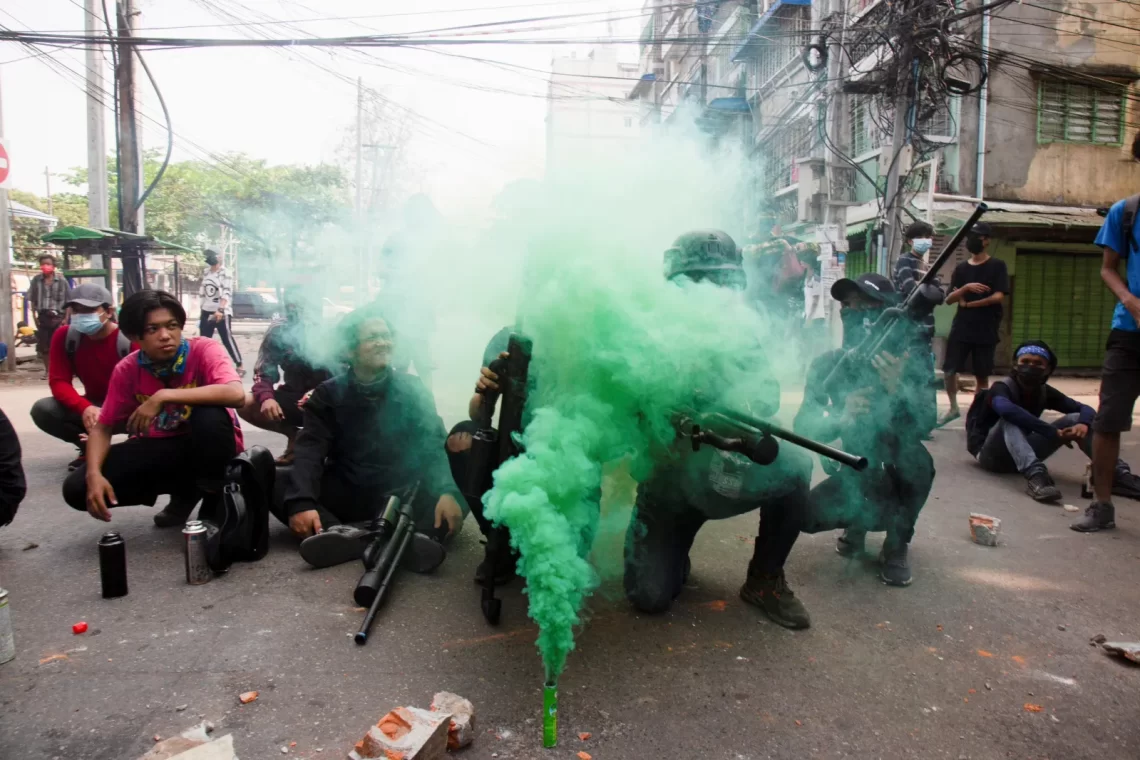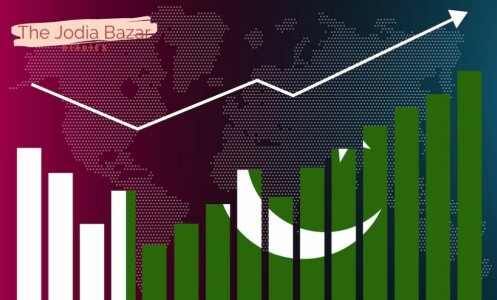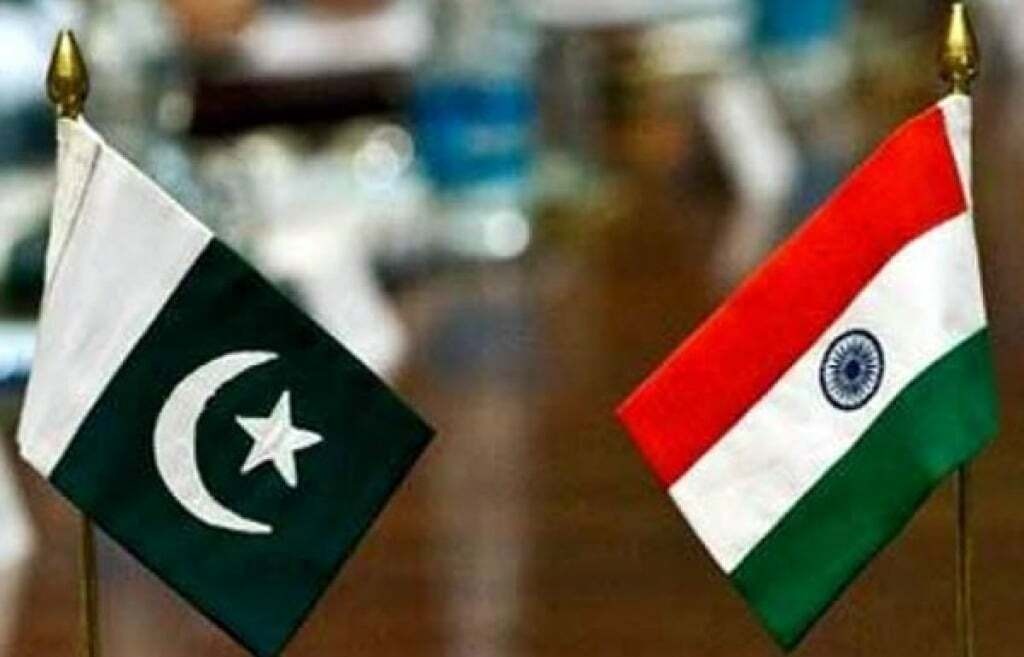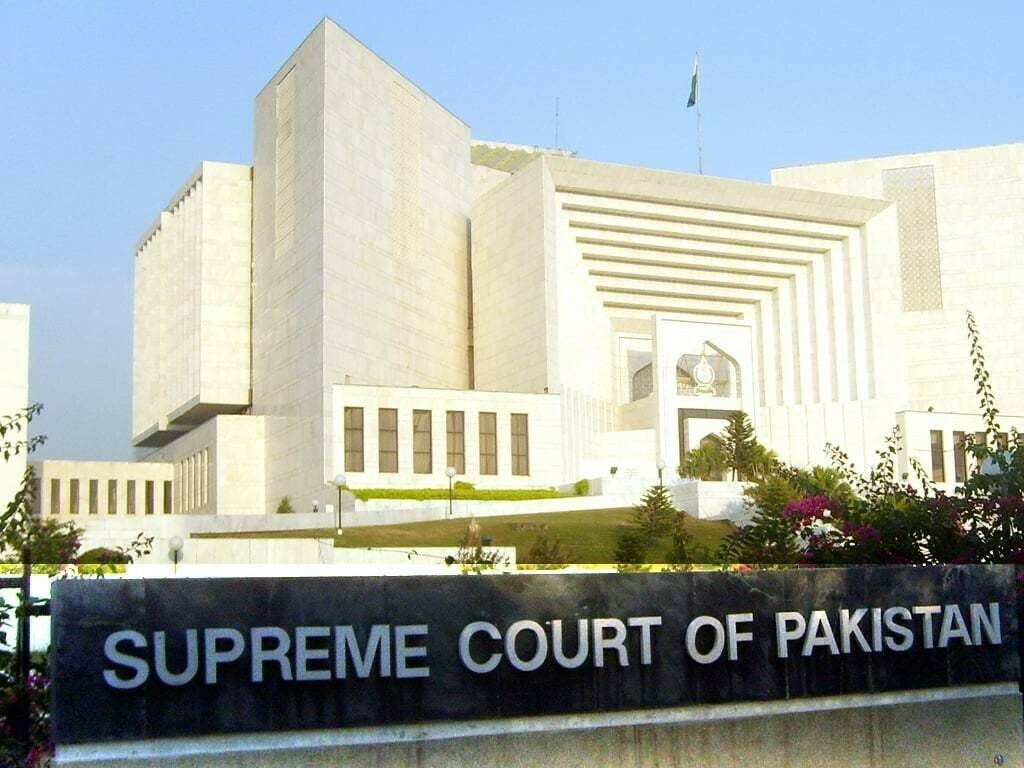Article
-
An inflection point?
THE fallout of the May 9 riots on the country’s politics has been both immediate and significant. Coming on the back of opposition leader Imran Khan’s intensifying confrontation with the establishment, the violent protests of that day triggered a sequence of developments that led to a sweeping crackdown on PTI supporters. The party also began to disintegrate as more and more of its leaders and former lawmakers started to quit — an orchestrated process that is still underway. The defecting members all spoke from the same script — condemning the vandalisation of military installations and disassociating themselves from a party they held responsible for the violence. The ruling coalition mounted more pressure…
-
Why UNSC reform is elusive
THE world has seen sweeping geopolitical changes over the past 70 years. The international landscape has been fundamentally transformed by the dispersion of power more widely among states. This redistribution of global power is a dynamic process and continues apace, accelerated by economic and technological developments of the 21st century. The shift in economic power from the West to the rest is one of the defining features of the contemporary world. Multipolarity is an increasing reality. So too is the fact that in a diverse, complex and interconnected world even the most powerful countries cannot achieve outcomes on their own and need the help of allies. The institutional architecture of…
-
Pakistan’s moment of peril
NEVER before in its turbulent history has Pakistan witnessed what came to pass in recent weeks. Violence and wanton destruction of government buildings and military property by PTI followers after their leader’s (temporary) arrest. An angry protest demonstration by ruling coalition parties outside the Supreme Court, which called on the chief justice (CJ) to resign for ‘favouring Imran Khan’; some leaders even threatening “dire consequences” from any court action against Prime Minister Shehbaz Sharif. The overarching political reality today is resistance by political parties to play by the rules. For months the government-opposition confrontation has been so fierce and unrestrained that no longer are any rules respected by the warring sides.…
-
Why soft power counts
THE debate continues over the value and role of soft power in the conduct of foreign policy. It has long been acknowledged that international perceptions are consequential to a country’s standing and even its geopolitical clout in global affairs. The evidence is compelling that when soft power is deployed as an integral part of a country’s diplomatic strategy, it pays rich dividends by building trust and influence. This, in turn, helps that country to more effectively promote its foreign policy goals. States that earn respect from their conduct benefit from a soft-power effect that enhances their global reputation. In a recent article in the Financial Times, the well-respected journalist Janan…
-
Squandered opportunity
LAST week’s talks between the coalition government and the opposition took place in an atmosphere unfortunately vitiated by the exchange of inflammatory rhetoric between the two sides. PML-N leaders set a more belligerent tone this time, with Defence Minister Khawaja Asif calling the talks an “exercise in futility”, while Javed Latif declared that negotiations with “a terrorist party” were impossible. This prompted PTI leaders to question the government’s seriousness to engage in result-oriented talks. Moreover, government actions, notably the police raid on former Punjab chief minister Pervez Elahi’s Lahore residence, made the political atmosphere more tense and hardly propitious for negotiations. Nevertheless, at one point in the government-opposition parleys it seemed some…
-
The Taliban conundrum
FAR from easing, Pakistan’s Afghan dilemma has become more acute in recent months. Despite several high-level interactions with Kabul aimed at securing its cooperation to contain the Tehreek-i-Taliban Pakistan (TTP), which resides in Afghanistan, little headway seems to have been made. This is evident from the continuing surge in attacks in Pakistan conducted by TTP from their safe havens in Afghanistan. This was confirmed most recently by the Ministry of Defence report submitted to the Supreme Court, which argued that the internal security situation wasn’t conducive to holding provincial elections in May. Although the report was not made public, news reports cited it as maintaining that the terrorist threat had increased because…
-
A dangerous impasse
A PROMISING initiative by the Jamaat-i-Islami for a dialogue between the government and opposition seemed to falter early in the process due to hardline postures and contradictory signals from both sides. Meetings by the Jamaat leader with Prime Minister Shehbaz Sharif and opposition leader Imran Khan raised hopes that a serious effort might get underway to break the dangerous deadlock, which has left the country in a state of turmoil and chaos. More significantly the Supreme Court provided an opportunity to political parties to forge a consensus on a common date for holding simultaneous provincial and national elections. During the hearing on the election issue earlier this week, the court invited political…
-
Crisis in uncharted territory
IS history repeating itself in the country? Yes, in many respects, today’s political turmoil and crisis have strong echoes of the past. Government-opposition confrontations have been frequently witnessed before. So, too, has lack of tolerance between political opponents, who view each other not as rivals but enemies to vanquish in a war. Arrests of opposition members, cases against political leaders and repressive steps to quell protests are wearingly familiar. Clashes between the president and executive are also a throwback to past tussles. Courts have long been called on to arbitrate political disputes, with their rulings often becoming controversial. The military establishment’s role in backing one political side against another is…
-
Troubled ties
THE outlook for Pakistan-India relations remains troubled. The prolonged diplomatic impasse persists, characterised by new irritants that have added to long-standing disagreements and disputes. When India, host of this year’s G20 summit, announced holding a G20 tourism working group meeting in Srinagar in occupied Kashmir, it provoked a sharp response from Islamabad. A foreign ministry statement denounced the move, calling it “irresponsible” and describing it as designed “to perpetuate its illegal occupation of Jammu and Kashmir in disregard of UN Security Council resolutions”. It also objected to Delhi’s scheduling of two other meetings of a consultative youth affairs forum (Y20) in Leh and Srinagar. The All Parties Hurriyat Conference urged Muslim countries and…
-
Democracy in retreat
THE confrontation between the government and the Supreme Court has plunged the country into a more dangerous and unpredictable phase of the escalating political crisis. As widely expected, the SC ordered elections to the Punjab Assembly to be held on May 14, declaring unconstitutional and illegal the Election Commission’s decision to postpone the polls to October. It also instructed the government to provide funds to the ECP and assure security for the provincial poll. The SC judgement upheld the Constitution even if the procedure it adopted provoked controversy and criticism. The legal community generally welcomed the verdict while expressing dismay over the internal divisions exposed in the process. The ECP moved…

